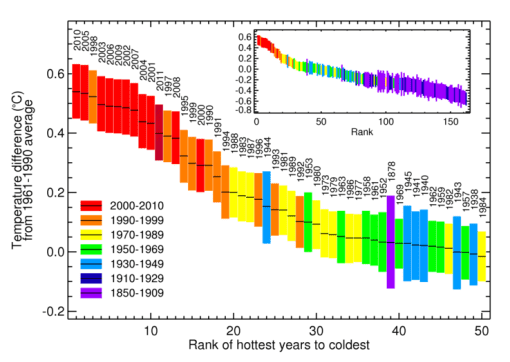- May 20, 2009
- 144,190
- 66,487
- 2,330
Congratulations, CrazyFruitcake, after all this time, you've finally managed to make a post that is factually correct and not filled with moronic drivel. A definite first for you, but then it must be a fluke or an accident.Flood...AGW
Droughts...AGW
Fire...AGW
Ice melting....AGW
Record snowfall...AGW
I was mocking your "Science", clearly you didn't get the joke


